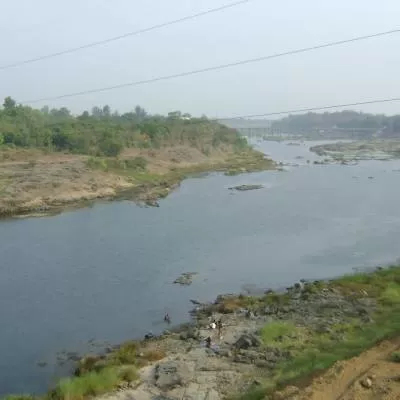

The Telangana High Court has issued a directive demanding government officials to furnish comprehensive records related to lakes within the state's buffer zones. This move comes amidst growing concerns over a contentious real estate project's potential impact on the region's sensitive ecological balance.
The court's intervention follows a petition filed by environmental activists and concerned citizens, challenging the legality of a proposed real estate venture situated within the buffer zone of several lakes. Allegations of potential environmental degradation and violation of regulatory norms have spurred public outcry and legal scrutiny.
In response to the petition, the High Court has instructed relevant authorities to submit detailed records pertaining to the lakes, including historical data, environmental impact assessments, and any permissions granted for developmental activities in the vicinity. The court's objective is to ascertain whether the proposed project complies with existing laws and regulations governing the protection of water bodies and ecological reserves.
The controversy surrounding the real estate venture underscores broader concerns regarding urban development and environmental conservation in rapidly growing regions. Telangana, like many other Indian states, grapples with the dual challenge of accommodating urban expansion while preserving vital natural resources and ecosystems.
Environmental advocates stress the importance of maintaining buffer zones around lakes and other water bodies to safeguard against pollution, encroachment, and habitat destruction. These buffer zones serve as critical ecological buffers, supporting biodiversity, regulating water flow, and mitigating the impact of urbanization on surrounding areas.
The outcome of the High Court's review will have significant implications for the future of urban development and environmental governance in Telangana. It will not only determine the fate of the contested real estate project but also set precedent for the protection of buffer zones and natural reserves across the state.
As stakeholders await the court's decision, the case serves as a poignant reminder of the delicate balance between economic growth and environmental sustainability. Key stakeholders, including policymakers, developers, and environmentalists, must collaborate to devise holistic strategies that promote responsible urban development while safeguarding the natural heritage for future generations.